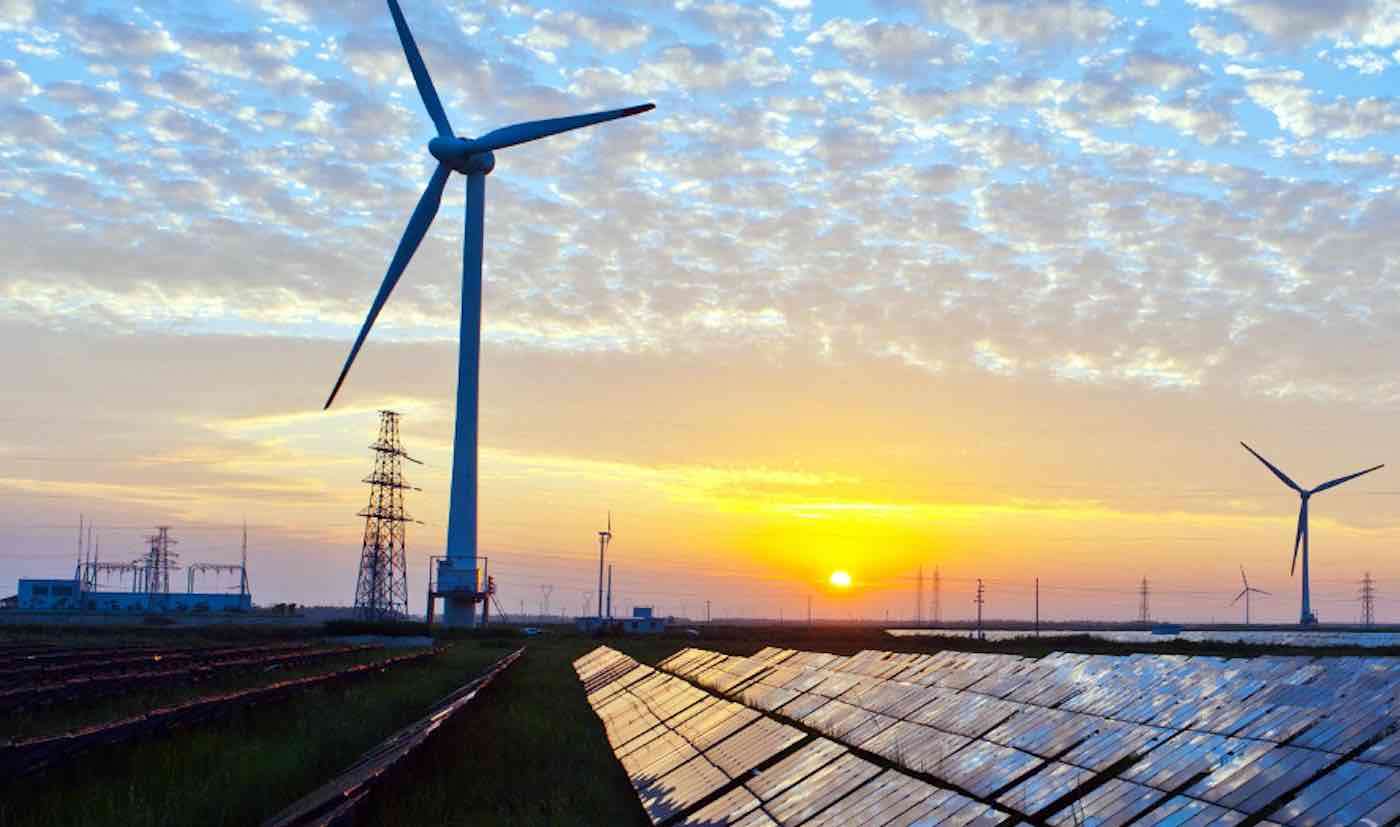First Native American-Owned Film Studio Shoots Tom Hanks Movie
A Native American tribe in New Mexico has made cinematic history by opening up the first ever Native-owned movie studio.

A new piece of legislation introduced and passed in Virginia's State House aims to optimize solar and offshore wind resources as a way of replacing fossil fuels like coal, to offer cleaner—and cheaper—energy to the population.
The Virginia Clean Economy Act (VCEA) is the largest sustainable energy bill ever introduced in the commonwealth. The bill moves to transition Virginia's energy economy to 100% renewables by 2050—one of Governor Ralph Northam's campaign pledges.
The two affected power companies, Dominion Energy and American Electric Power, have until 2045 to retire electric generation powered by fuels that emit carbon dioxide as a byproduct.
Companies that fail to meet these 100% renewable timelines will have to pay a deficiency tax or purchase carbon offset certificates.
To try and safeguard workers from being laid off due to these deficiency costs, or to provide opportunities for workers who do lose their jobs, the VCEA would take some of the deficiency payments and deposit them into a fund that would finance new training programs for a renewable energy workforce for the modern grid.
"Beginning in 2026 and every three years thereafter, the Commission is required to adjust the required energy efficiency goals for the successive three years," reads the legislation. Efficiency is part of the VCEA plan to reduce power costs for middle and low-income houses in the state, which legislators hope will amount to $3,500 dollars in savings over 30 years.
Furthermore, monthly rate caps of 6% for power will be placed on low-income earners and families as part of the Percentage of Income Payment Program that will help ensure the grid transition doesn't burn the pockets of Virginia's most financially vulnerable.
The VCEA wants to expand consumer ownership and decentralization of the grid by encouraging more rooftop PV solar panels. This will help speed the transition to 100% renewable by reducing grid demands and increasing grid robustness.
The reason rooftop solar can contribute to these goals is by allowing homeowners to generate some of the power they need, while sending the rest into the grid. Each time a new house is powered by solar panels, more renewable energy is available to everyone else in the grid, representing something similar to the Social Security welfare system, but for electricity.
This has the added benefit of increasing grid durability, since there will be many-fold more generators of power for plants to draw from decreasing the chance that things like natural disasters—the 2011 Virginia earthquake, for example—will topple the grid and knock out power for everyone.
According to Lake Research Partners, 73% of Virginians want state lawmakers to move towards advanced energy investments outlined within the VCEA, and it makes good economic sense for the average family in one of the union's wealthiest states.
Power Up With Positivity By Sharing The Good News With Your Friends On Social Media…
Be the first to comment